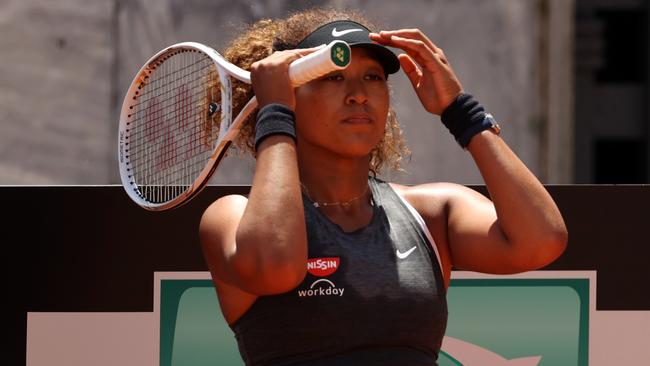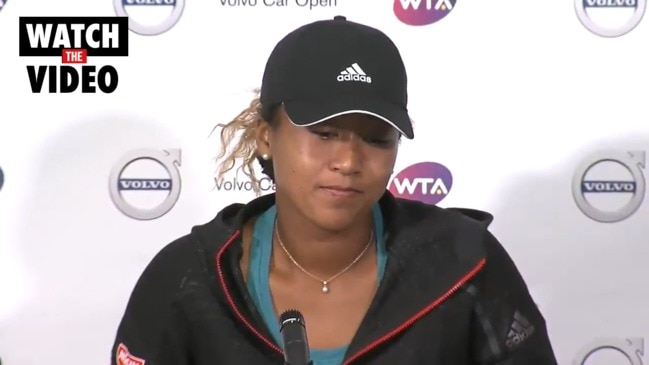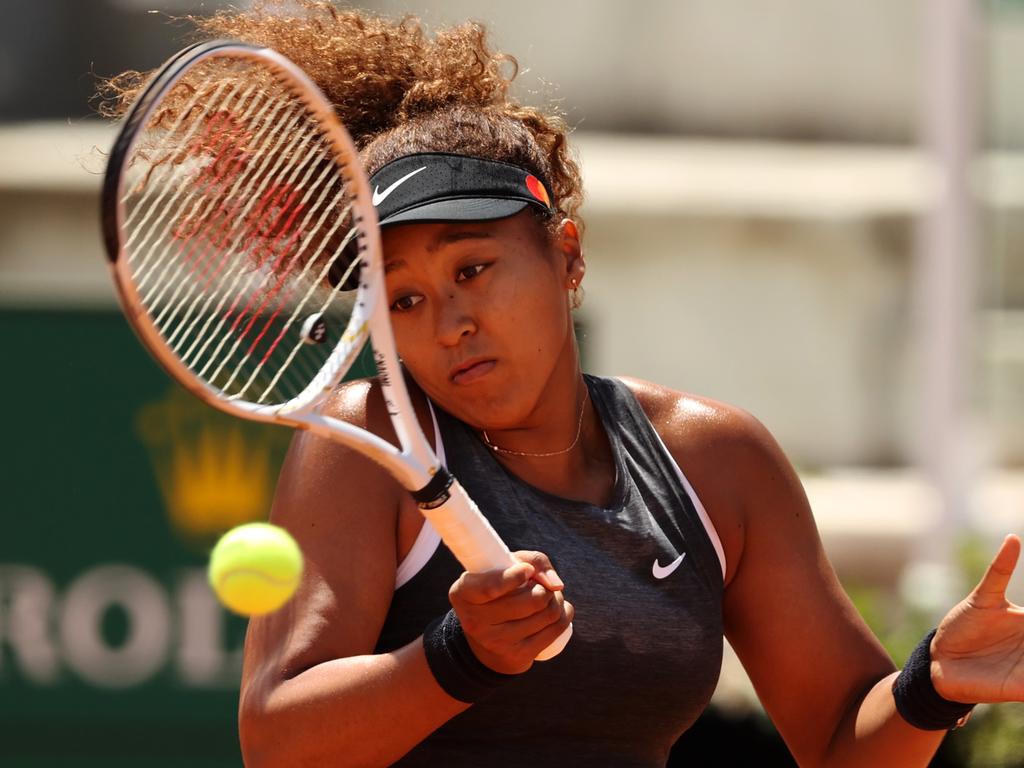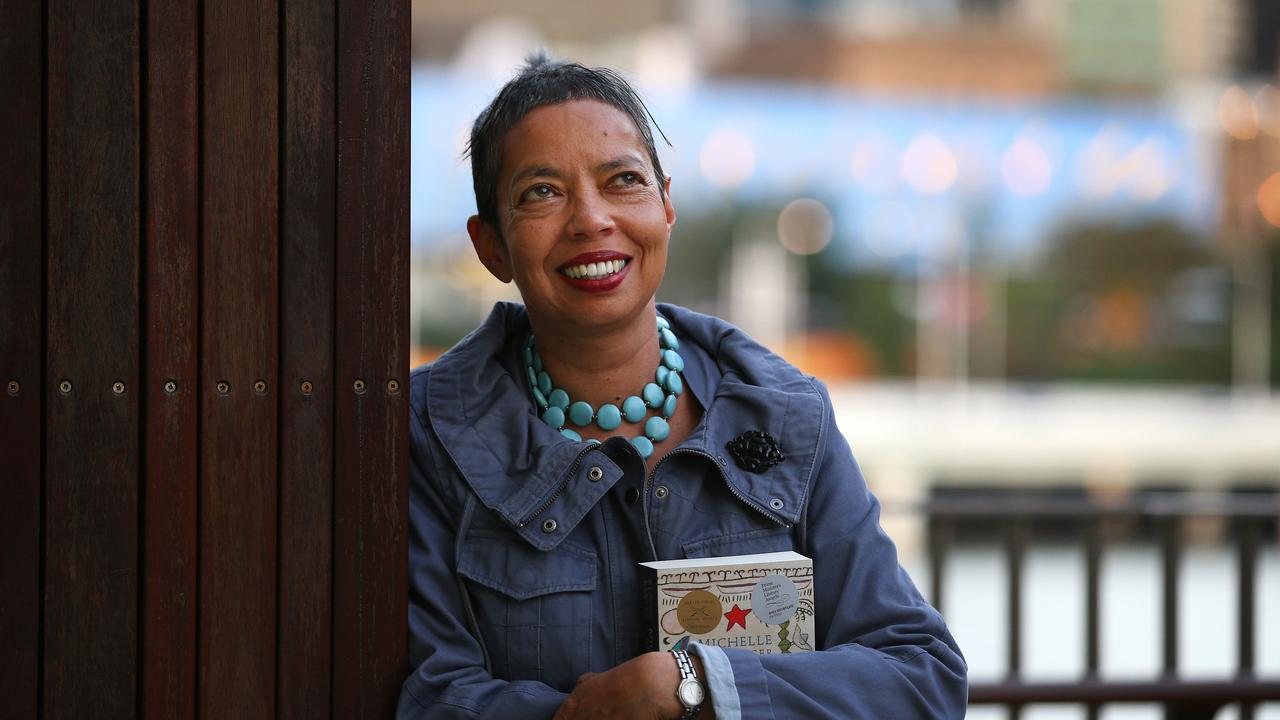
That’s all Naomi Osaka had to say. The lesson from her parachuting out of Parisian press conferences is that no-one can help you unless you’re honest about needing it.
Osaka created an issue while trying to dodge the real one. Her depression.
Rather than blaming the French Open for “archaic” press conferences, which was a ridiculous assertion from the outset, she would have been better served by revealing the true problem. Her own mental health.
— NaomiOsaka大å‚ãªãŠã¿ (@naomiosaka) May 31, 2021
There would have been nothing but understanding, empathy and assistance.
Instead, she pushed everyone away, accused the governing body and the media of “kicking” her, and went insular. Hiding the real issue was at odds with the difficult ideal in this new age of mental health, a world where there’s zero shame in saying what Osaka found so hard to admit.
She needed help. She obviously thought it was a weakness. Not so. The frailty was in trying to hide it. Now she’s spoken her truth, she’s never looked or sounded stronger.
Everyone was reaching out to her. All the majors, all the governing bodies, and she ignored them all. Again, understandable. She just wanted everyone to go away, leave her alone, stop telling her what to do.

In such a fragile state, it wasn’t pitter-patter press conferences she needed to skip. It was the tournament itself, and a whole lot more tournaments to come.
Matches are what provide the pressure, the real mental strain. The press conferences are a quick chat. All’s well that ends relatively well.
Osaka is where she needs to be – away from tennis and the spotlight altogether. No-one will blame the face of the Tokyo Olympics if she elects to give it a miss. She needs more than a gold medal. She needs help, and admitting as much is the most powerful statement she’s made. She’s a 23-year-old who continues to live and learn. She got this one wrong, and then she got it right by apologising and revealing the truth.
The moral to the story? If you’re not OK, just say.








“I need help.”